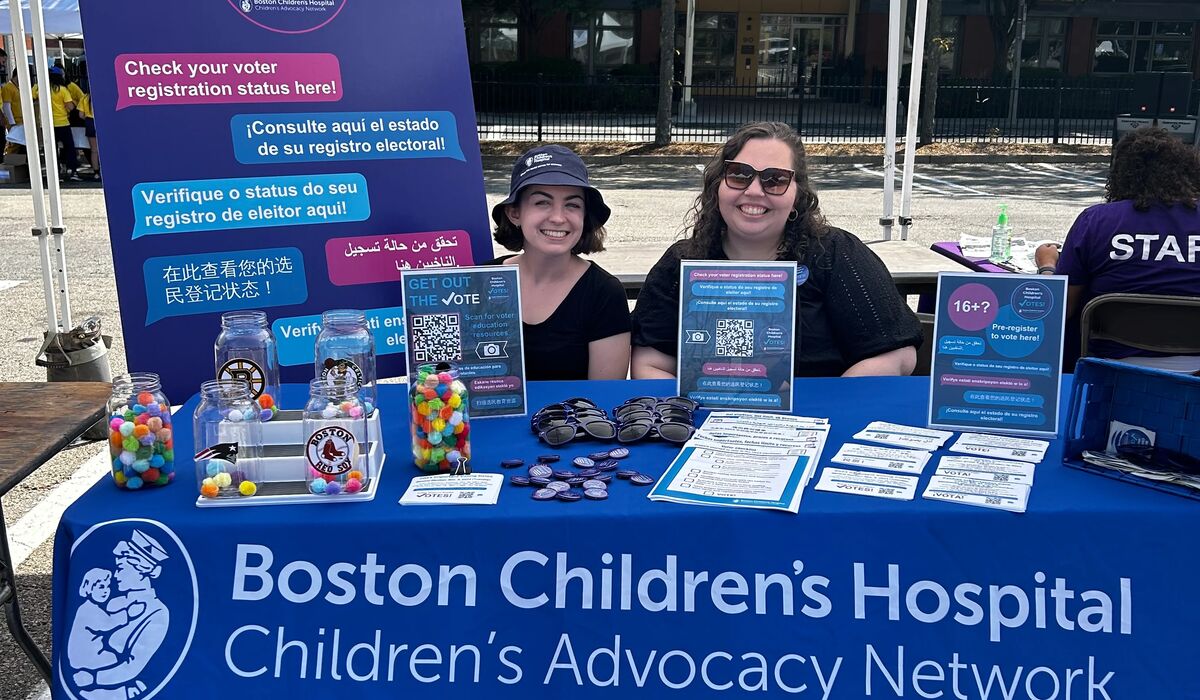
Gettysburg’s new public health policy major will prepare students to influence change from the hospital to Capitol Hill. Alyce Norcross ’17, payment policy and advocacy senior advisor at Boston Children’s Hospital, established the foundation for her career at Gettysburg.
Once a year, Alyce Norcross ’17, payment policy and advocacy senior advisor at Boston Children’s Hospital, rounds up a group of patients and their families for a trip to Washington, D.C. There, they meet with lawmakers on Capitol Hill to advocate for health policies.
During that trip, a policy impacting Medicaid becomes more than just a policy. It becomes the story of a little girl with pigtails and glasses whose healthcare insurance allowed her family to afford treatments to fight a rare disease.
“I love getting to work for a place that is doing incredible work for kids,” Norcross said. “I get to go and advocate for a place and a mission I believe in every day. I’ve never questioned if I feel good about where I work or the messages I’m advocating for, which is really important for me.”
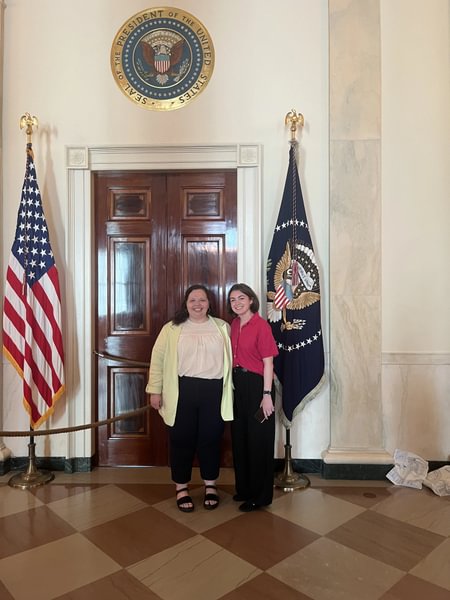
Norcross’s path to what she now considers her dream job began at Gettysburg. She arrived with the goal of going to medical school. She soon learned that she didn’t enjoy the granular nature of her pre-med courses, and her First-Year Seminar, The World’s Children, with Psychology Prof. Kathy Cain planted the public health seed.
“That was the first class where I realized I love thinking about kids’ health, but maybe I don’t need to care for individual children,” said Norcross, a health sciences major. “I started to think about all these systemic issues that affect kids and affect health.”
Cain introduced her to Health Sciences Chair Amy Dailey, who helped Norcross transition from pre-med to public health and brought her on as a research assistant. Norcross spent the following two years doing community-based research on housing insecurity and health outcomes with Dailey.
“Getting to delve into qualitative and quantitative public health research was a super cool experience, and not one a lot of folks get in undergrad,” said Norcross, who presented their findings at the American Public Health Association Conference in Colorado her senior year.
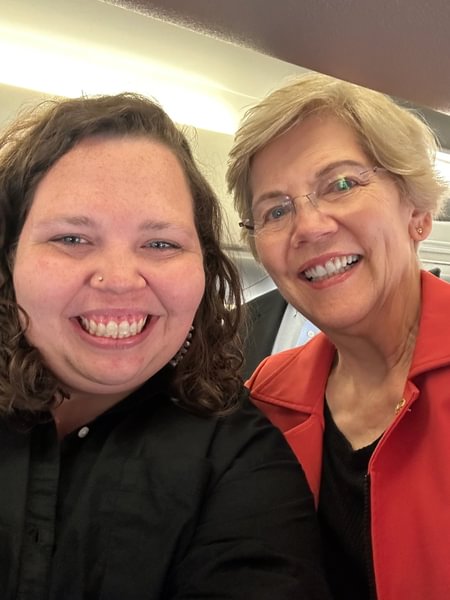
This student-faculty research opportunity—combined with her religious studies minor, an immigration and food insecurity-focused fellowship with the Center for Public Service, and her public health and traditional medicine study abroad program in Chile—amply prepared her to enter the public health sector.
“The liberal arts curriculum and experiences I had at Gettysburg really lent itself to understanding people better and taking an approach that’s people- and justice-centered in all my work,” she said. “It was really at Gettysburg where that cultural fluency first resounded for me.”
Cultural competence and social justice are two of the building blocks in Gettysburg’s new public health policy major launching in Fall 2025. By combining interdisciplinary courses with experiential learning opportunities, students will graduate ready to respond to emerging public health challenges with evidence-based solutions.
“Public health teaches you to think about populations of people and what is good for the whole while being rooted in values of justice,” Norcross said. “Having that public health lens on policymaking and advocacy is so critical. If we can work on changing the system, that is how we will achieve a healthier, more just world, and a better world for all of us to live in.”
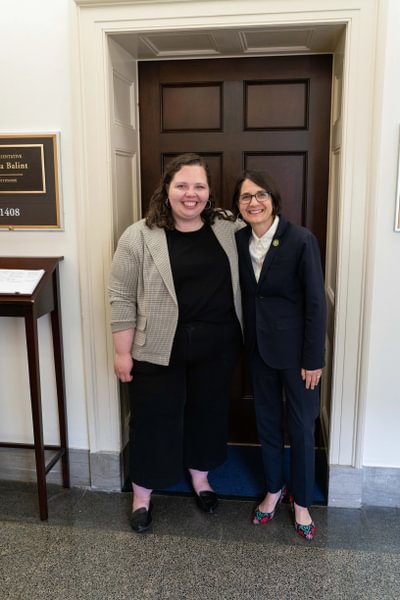
After graduating from Gettysburg, Norcross landed a job as a community health worker and later project manager for a community health center in Massachusetts. This experience gave her the push to apply for a master’s in public health at the Harvard T.H. Chan School of Public Health, where she found her passion for the political strategy side of health policy.
“As I faced more and more issues with families and providers, I thought, ‘I want to work on the other end of the system to prevent these problems from ever happening,’” she said.
After graduating from Harvard, she found a government relations specialist position at Boston Children’s Hospital almost immediately. She describes herself as a “good guy lobbyist” for Boston Children’s Hospital, where she advocates for federal policies that will best support children and children’s hospitals.
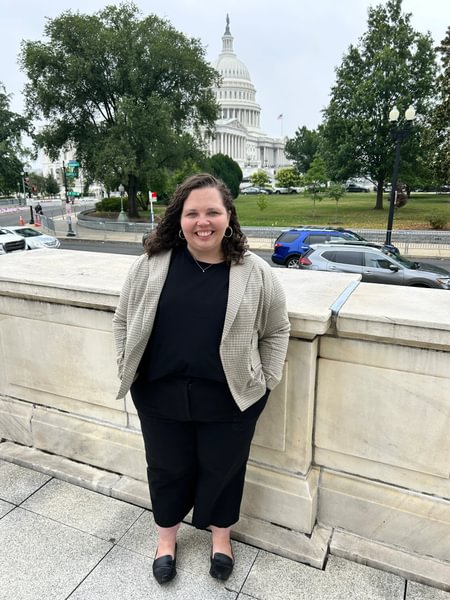
“Kids aren’t voters. They don’t get to have a say in the political process, and they’re often a forgotten piece of the constituency,” Norcross said. “So, it’s our job to remind folks that kids exist and how their policies might impact kids and kids’ health.”
While policymaking can be a long process, Norcross feels motivated by the potential her work has to impact patients’ lives. Ultimately, working at the forefront of systemic issues makes her even more hopeful that positive changes are not just on the horizon, but happening right before her eyes.
“We talk about policymaking often as a relay race rather than a sprint,” she said. “Getting to partner with folks on the ground and policymakers and their staff who are really committed and care about kids is what keeps us going and hopeful that we will get things done one day.”
Discover what you can achieve when you declare a major in public health policy.
External Links:
By Phoebe Doscher ’22 Photo courtesy of Alyce Norcross ’17
Posted: 04/28/25